News and features
Read the latest news and features about our world-leading research, discoveries, fundraising and philanthropy. If you want to keep updated on our news, you can follow us on social media or sign up for our Search newsletter.
If you’re a journalist and want to find out more, you can contact our media relations team.

Star-studded Carols from Chelsea kicks off Christmas season in style
Famous faces and guests packed the stunning Wren Chapel at the Royal Hospital Chelsea, for the 21st year of Carols from Chelsea, in support of our world-leading research.
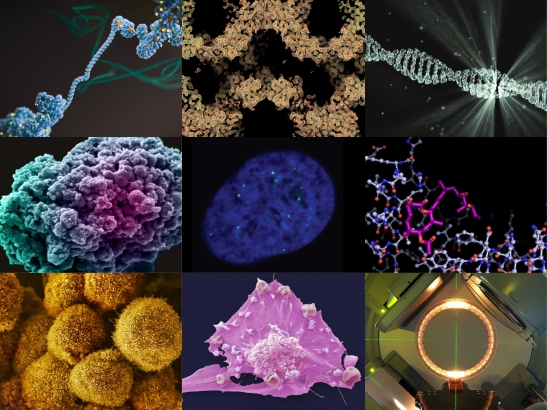
Scientific achievements of 2023
We've selected a range of discoveries from the academic year that highlight the quality and breadth of our basic, translational and clinical research.

Trial results support ‘new gold standard’ for head and neck cancer radiotherapy
Phase 3 trial results on a precision radiotherapy technique support a ‘new gold standard’ for treating head and neck cancer patients. The research suggests the new approach can reduce the risk of swallowing problems after radiotherapy, without impacting the success of treatment.
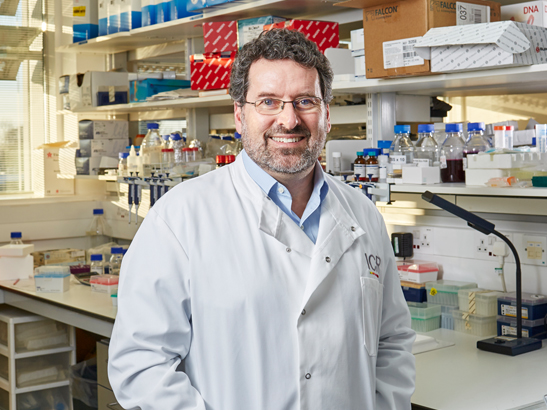
Major collaborative childhood cancer research programme launched with £5.5 million funding from Children with Cancer UK and Cancer Research UK
Leading charities Children with Cancer UK and Cancer Research UK come together to co-fund a second cancer research programme aiming to help treat relapsed childhood cancers through precision medicine. The SMPaeds2 project will be led by Professor Louis Chesler at The Institute of Cancer Research, London.
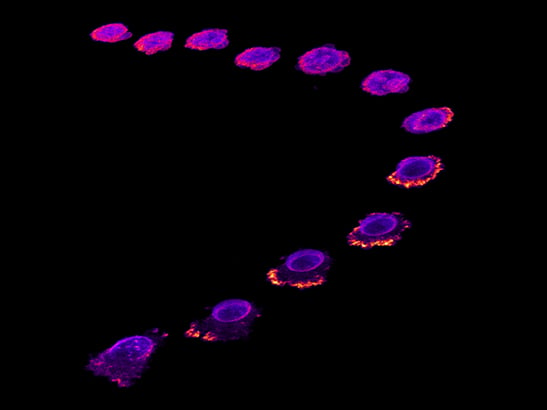
ICR welcomes FDA approval of first-in-class breast cancer drug
The ICR strongly welcomes the news that a new targeted drug, capivasertib, has been approved by the US FDA for treating the most common type of advanced breast cancer. The drug was discovered by pharmaceutical company AstraZeneca following a programme of drug discovery research at the ICR in collaboration with Astex Pharmaceuticals.
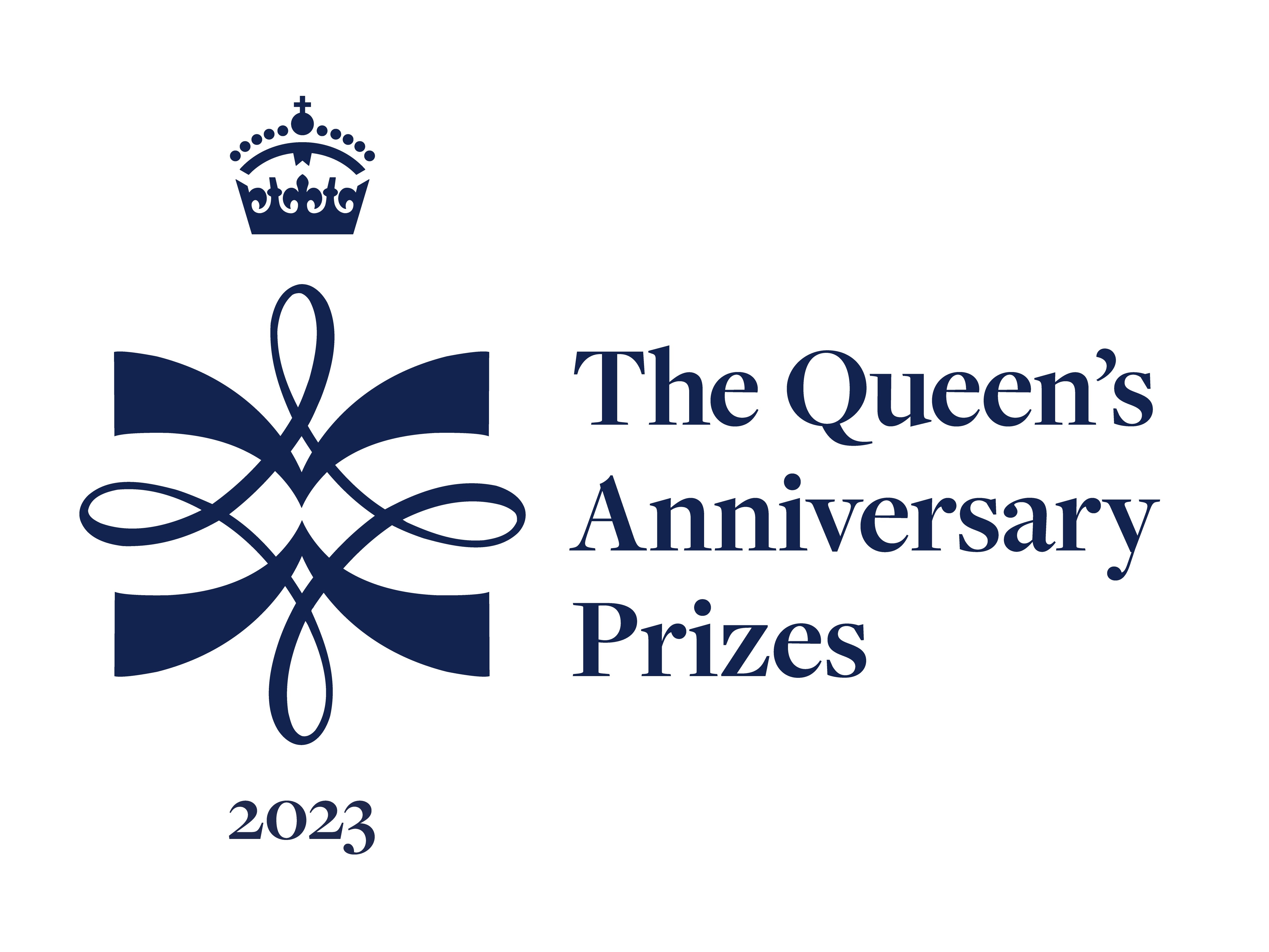
ICR awarded prestigious prize for transformational breast cancer research
The Institute of Cancer Research, London, has been granted the highest national honour in UK further and higher education for its innovative work on breast cancer - a Queen's Anniversary Prize

Research uncovers genetic clues to high rates of prostate cancer in men with African ancestry – improving risk prediction
More equitable testing for prostate cancer risk is on the horizon, as researchers report findings from the largest and most genetically diverse study of prostate cancer genes ever conducted.
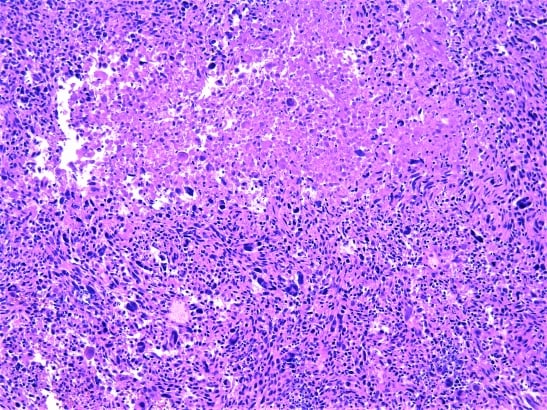
AI twice as accurate as a biopsy at grading aggressiveness of some sarcomas
Artificial intelligence (AI) could be around twice as accurate as a biopsy at grading the aggressiveness of some sarcomas, according to new research from The Royal Marsden NHS Foundation Trust and The Institute of Cancer Research, London.
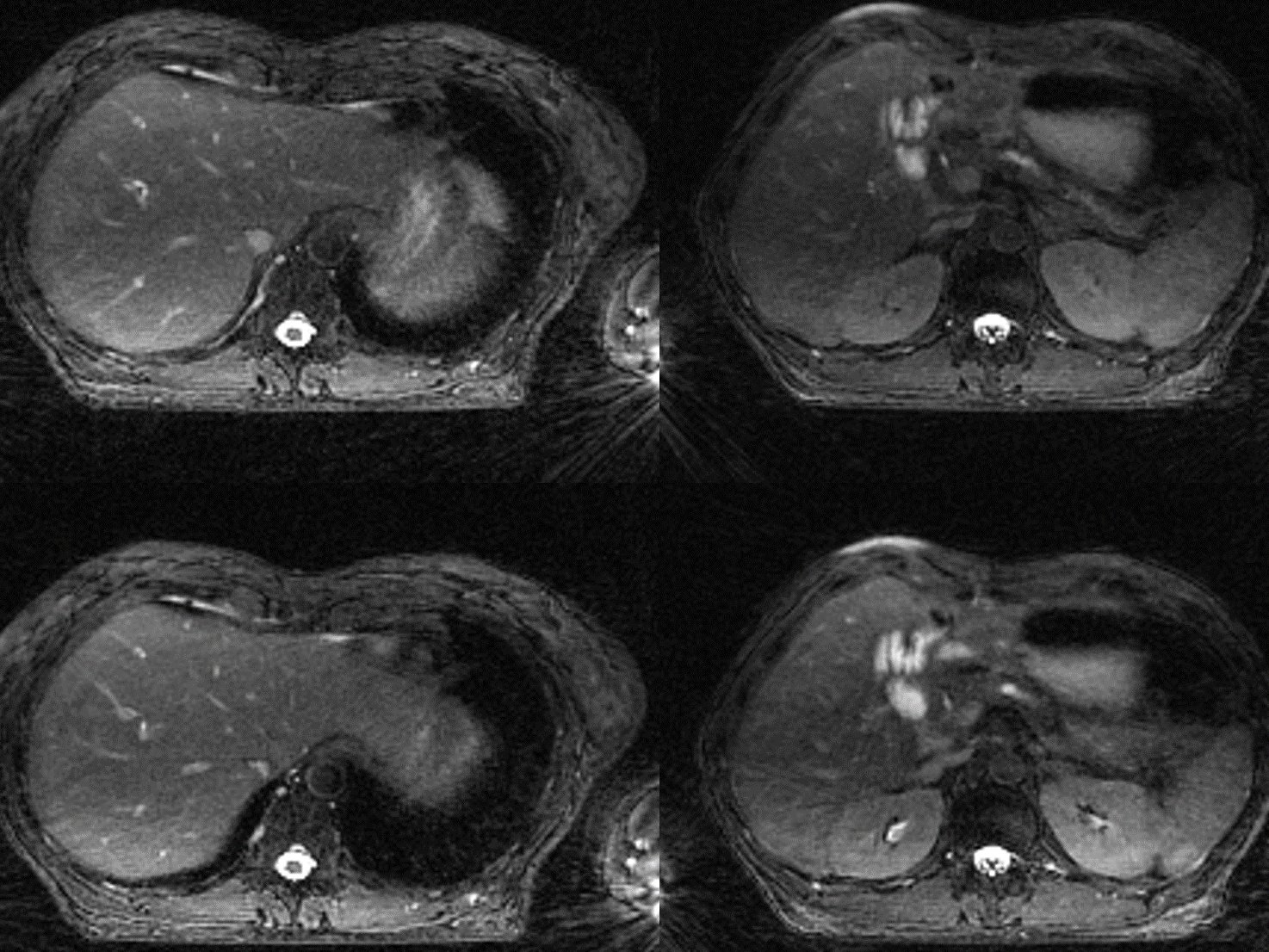
High-performance computing facilitates new radiotherapy approach that could improve therapy for hard-to-treat cancers
Researchers have used methods from high-performance computing to significantly reduce the time it takes to reconstruct images acquired through four-dimensional magnetic resonance imaging (4D-MRI).

ICR amongst top UK universities for industry and academic partnerships and public engagement
The ICR has ranked as one of the UK's best higher education institutions at engaging with industry, academic partners and the wider public, in the Government's latest Knowledge Exchange Framework (KEF).

New clinical trial guidelines set to increase transparency and support progress in developing new therapies
New guidelines have been developed to help researchers ensure that their clinical trial protocols and reports are complete, high-quality and transparent.
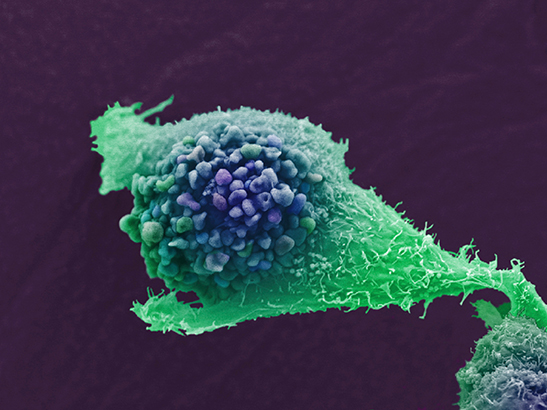
Scientists reverse drug resistance in prostate cancer by targeting 'hijacked' white blood cells
Prostate cancer’s resistance to treatment can be reversed in some patients by stopping hijacked white blood cells from being ‘pulled into’ tumours, according to new research published in Nature.
